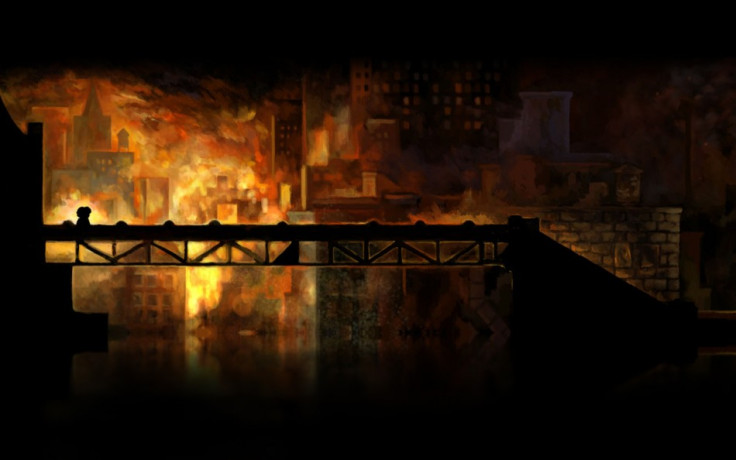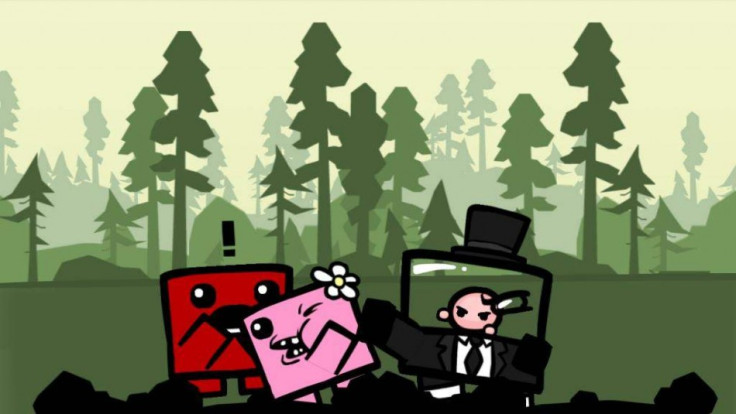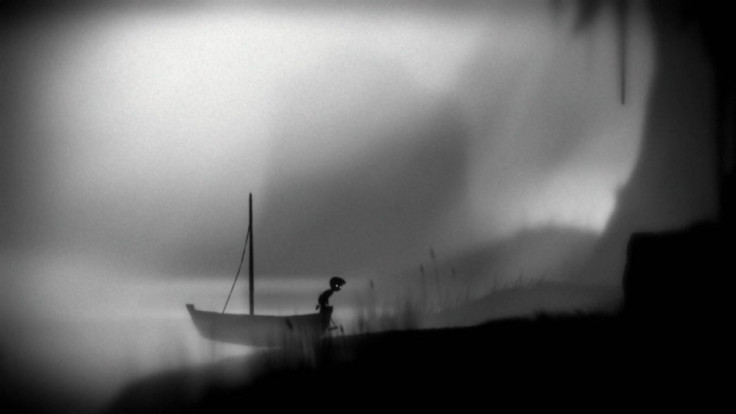Why Games Matter Blog - Indie Games Aren't Art Games
A blog dedicated to big issues affecting the games industry
Indie Games Aren't Art Games - We've conflated 'indie game' to mean 'art game'

Advertising a party he was throwing in Paris, Minecraft creator Markus Perrson tweeted "free party after Minecon (November 25) A-Trak, Birdy Nam Nam and Skrillex. RSVP here: secretblackfedora.com/minecon/ Indie devs get VIP."
'Indie devs get VIP.' It stuck with me for a few days, because I think it mirrors a prevailing, troubling atmosphere across the entire game industry right now.
We give indie games too much credence, is what I'm saying. After years of sexist, corporate, war shooter gruel it's understandable we should be excited when something comes along with, ostensibly, more intellectual sustenance. But firing off superlatives each time we see a quirky art style, or the indie dev mentions that his game is "personal" is not objective criticism. I know we're desperate for games to be clever, but making silk purses from pig's ears won't make that happen.
Art Game: The Movie
I saw Indie Game: The Movie recently and the deference it paid to Super Meat Boy developer Edmund McMillan turned my stomach. He makes vague references to how his games explore daydreams he had as a child while being teased in school, about drawing monsters that would fly into space because, in a way, that's what he wanted to do. And it's just gaseous, it's infantile. As a grown man - even as an ex-bullying victim - I'm not interested in these breathy, childish whimsies. They aren't special, they aren't beautiful - they're certainly not art. And they don't mean anything. Some of the drawings in Super Meat Boy pertain to a sense of alienation one of the developers felt as a kid. And? You need more than that.

I'm determined not to come off as an a**ehole with this one so I'll concede that the value of Meat Boy and McMillan's other work is that it might provide comfort to other young people struggling with what he felt. But truly impressive creative work - the kind of work which, in other mediums, is reserved for the special kind of praise that we regularly dump on indie games - speaks of something beyond itself. Things like The Wire, 1984, Citizen Kane. And although I'm not suggesting all good games need to live up to these epochal standards, it would be germane not to call Braid a searing work of bloody genius, yeah? just because it has a smart gimmick and a quirky visual design.
Like Roger Ebert before her, Lucy Kellaway interrupted all of our collective backslapping when she wrote in the Financial Times that "Fez is pretty and ingenious but it's not exactly Proust. It's not even JK Rowling." And again, like Ebert, she's right; again, it takes someone who isn't caught up in the game industry's masturbation to see that for all their cute idiosyncrasies, a lot of so-called 'art' games are bibbles.
We need to calm down, basically. In the way that game criticism in the mid-nineties slowed progress to a halt by lazily cheering big guns and tits, giving indie games a free pass just because they are new isn't going to spark any forward progress.
Darlings
Also, I don't see anyone challenging indie games in the same way we butt up against the AAA stuff. When the mainstream market is saturated with war shooters, everybody knows it, everyone bemoans it. But when indie games are just as monosyllabic, we seem to think that's a good thing.
We complain about first-person shooters like Battlefield, Call of Duty and Medal of Honor all existing at once, but no-one seems to mind that Fez, Limbo, Braid, Journey, Machinarium, Super Meat Boy, The Unfinished Swan - and reams of other indie darlings - are all puzzle platformers. It's one set of rules for big games; another, far more lax set of rules for the independents.
And also, are we really engaging with the material? A lot of the reviews of indie games - my own included - seem to skim over real analysis on the assumption that, because the mechanics are inventive, or the visuals are different, it must be doing something. Here's a clip from Destructoid's review of Limbo:
"Limbo is an art game, there's no doubt about that. More importantly, however, it is simply art."
I think that epitomises what I'm driving at here. We're so hungry for intellectual nutrients, so eager for games to be validated, that we blithely agree that something - an indie game - is art just...because. The Destructoid review tries to extrapolate on the big claim that Limbo is "simply art" by saying: "What truly makes the game so powerful is how it cultivates an air of oppression and paranoia...if Hitchcock made a game, this would be it."
But that's just flaccid. We don't know what an art game IS yet. We haven't developed the discourse to address games on those terms. We don't have our equivalents of mise-en-scene, cinematography, iambic pentameter, Dadaism. All we have is words like 'gameplay' and 'mechanic' which, like a lot of videogame criticism, don't get to the point.
And until we level off and start looking at indie games straight on, that's all we'll have, because we'll continue to shut out creative voices from elsewhere in the industry.
Clamouring
I'm referring to a degree of snobbery that I think is also visible in indie game criticism, whereby every 'artistic' thing is quantified with comparison to something 'unartistic' in AAA gaming. Take Hotline Miami, where the general consensus seems to be that, when compared to mainstream games, the violence there is deliberately hideous in a way that says something. But the violence in Battlefield 3 is also hideous - it's loud and panicked and nasty - and nobody is championing that.
Because it's not an indie game it's not an 'art' game. We've conflated the two to mean the same thing. And I think that by continually deifying indie games regardless of their material, and doing the total opposite to AAA games, we're drawing a line in the sand between what's ok to discuss as art and what isn't. I think we're drowning out a lot of voices.

But mostly, we're holding independent games back. By repeatedly insisting that 'what you're doing already is art' we're not challenging developers to innovate their work and push it forward. Players and writers are clamouring for something valuable (I know because I am too) but squinting our eyes until we think we can make out games as art is not the way to push our culture forward.
For all the celebration of digital and mobile distribution, I think we're, in fact, systemically silencing creative voices. We've created the stereotypical indie gamer and the stereotypical gamer; we've mentally separated indie and AAA games on the supposition that one is innately valuable and the other is inherently artless. Without any understanding of what the term means and what it should mean, we've pointed to indie games and said 'this is what an art game looks like' and now anything that's not that isn't getting the attention it might deserve.
Indie games are a new, exciting and occasionally wonderful thing. But not every game, by virtue of being indie - or by virtue of having a distinctive colour scheme, a new mechanic or a connection to the developer's personal life - is significant. Conversely, not every videogame made by a big studio, with lots of money and a marketing campaign should be excluded from the art debate.

Especially now, in the midst of gaming's renaissance, it's important to keep a clear head and understand that every strand of videogaming, moneyed or otherwise, has its failings as well as its successes.
Independent games are finally coming to life. But these first waves are just the cave paintings; exciting though they may be, if we want them to develop, we can't continue talking about them as if they're Guernica. Otherwise, what is there to be?
© Copyright IBTimes 2025. All rights reserved.






















